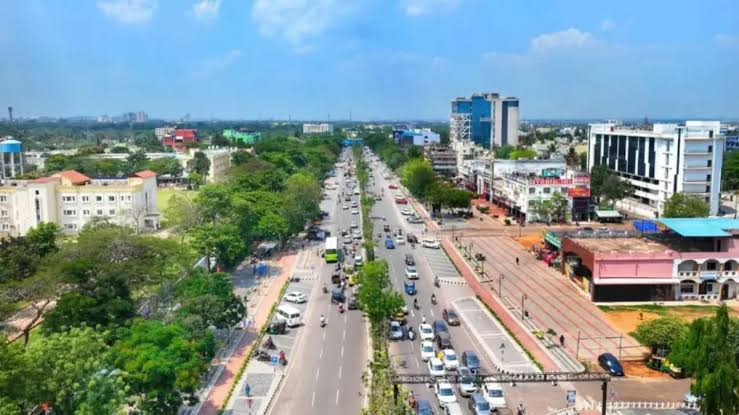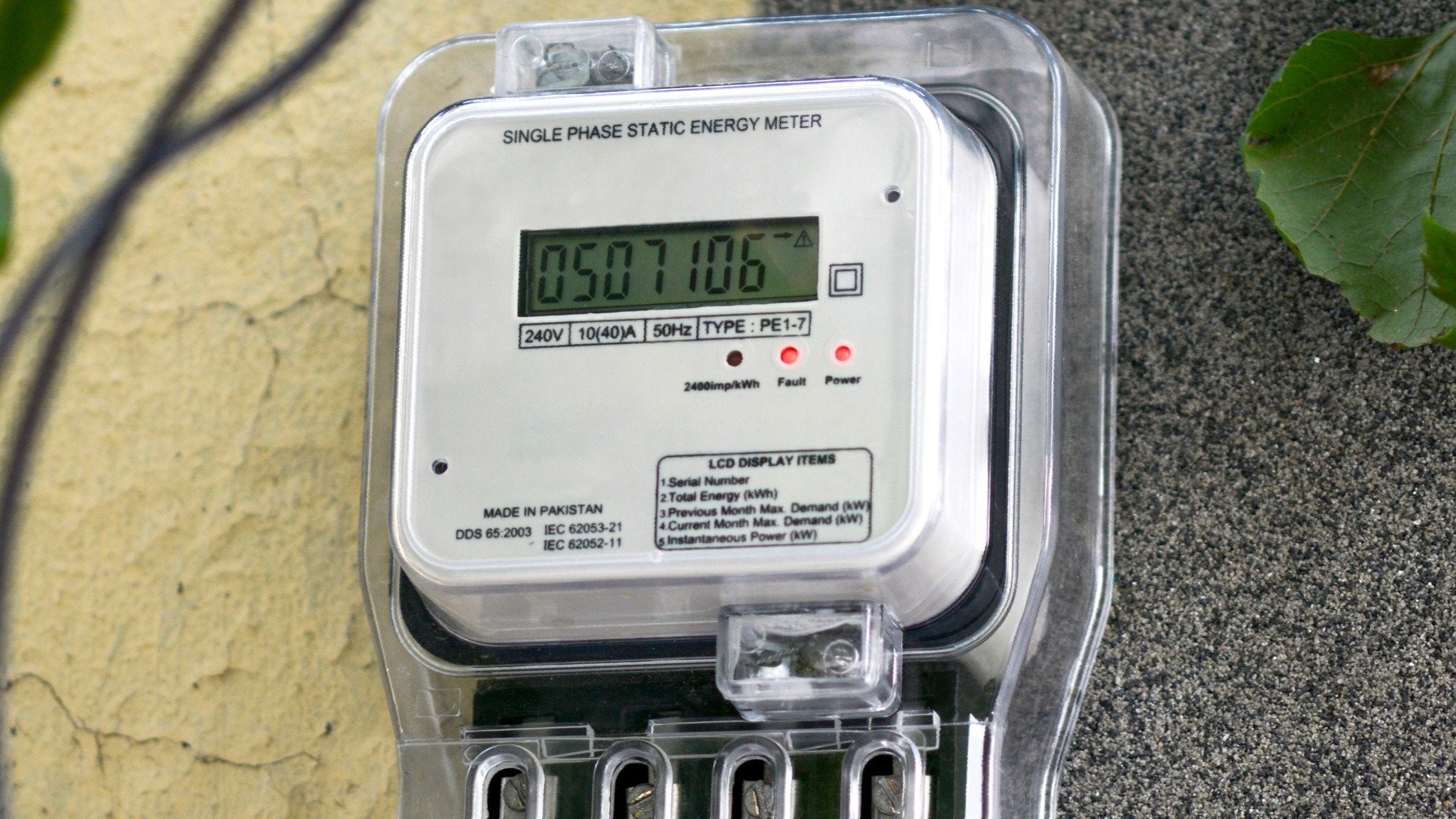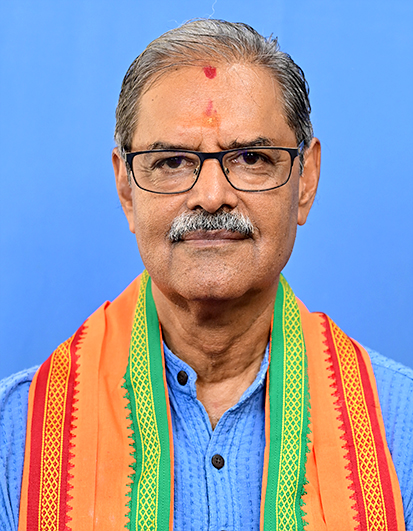City Wi-Fi Project Seeks Revival Amid Low Public Usage

Authorities plan expansion to colleges, parks, and event venues to increase relevance
Bhubaneswar : The ambitious ‘Bhubaneswar Me’ Wi-Fi project, launched during the previous government’s tenure to make the capital a digitally connected city, has struggled to gain widespread acceptance among citizens despite heavy investment.
With 515 hotspots and 1,601 access points set up across Bhubaneswar, the initiative promised high-speed browsing at up to 30 Mbps and 1 GB of free data per user daily. However, apart from commuters at Baramunda bus stand and students at the Santhakabi Bhimabhoi Library, most hotspots remain underutilised.
The project, rolled out at a cost of nearly ₹10–12 crore and requiring ₹3 lakh in monthly upkeep, has prompted concerns over value for money. Officials acknowledge the issue and are now working on a revival strategy. “We are considering relocating underutilised hotspots to high-footfall areas such as parks and crowded junctions,” a senior Bhubaneswar Smart City Limited (BSCL) official said.
In a bid to align the service with youth and academic needs, BSCL has also begun groundwork to extend Wi-Fi coverage to nine major universities and colleges, including Utkal University, BJB Autonomous College, and Rama Devi Women’s University. Surveys with BSNL have already been completed to identify installation points.
Another priority has been ensuring digital convenience during fairs and exhibitions, where mobile networks often collapse due to congestion. To address this, hotspots are being set up at Unit-3 Exhibition Ground and Janata Maidan to facilitate smooth UPI-based payments and online transactions.
Usage data suggests some scope for optimism. Between August 15 and 31, nearly 27,420 people accessed the service, consuming 6,801 GB of data—most of it downloads. Daily, around 1,600 users are active on the network, averaging 400 GB in consumption.
While these numbers may seem modest for a city of Bhubaneswar’s size, authorities believe targeted relocation and student-focused expansion could breathe new life into the digital connectivity project, turning it from an underutilised scheme into a truly citizen-centric service.








